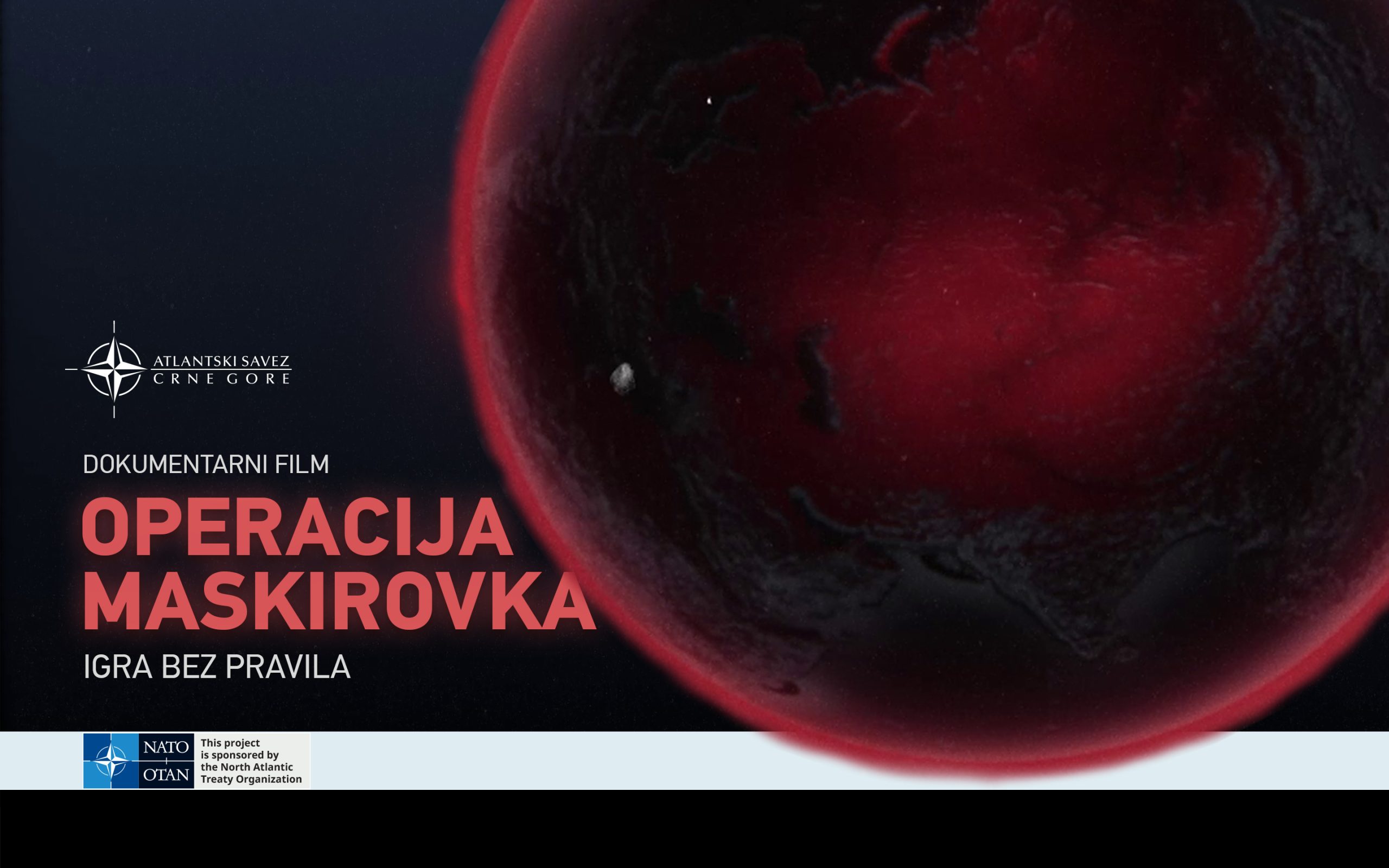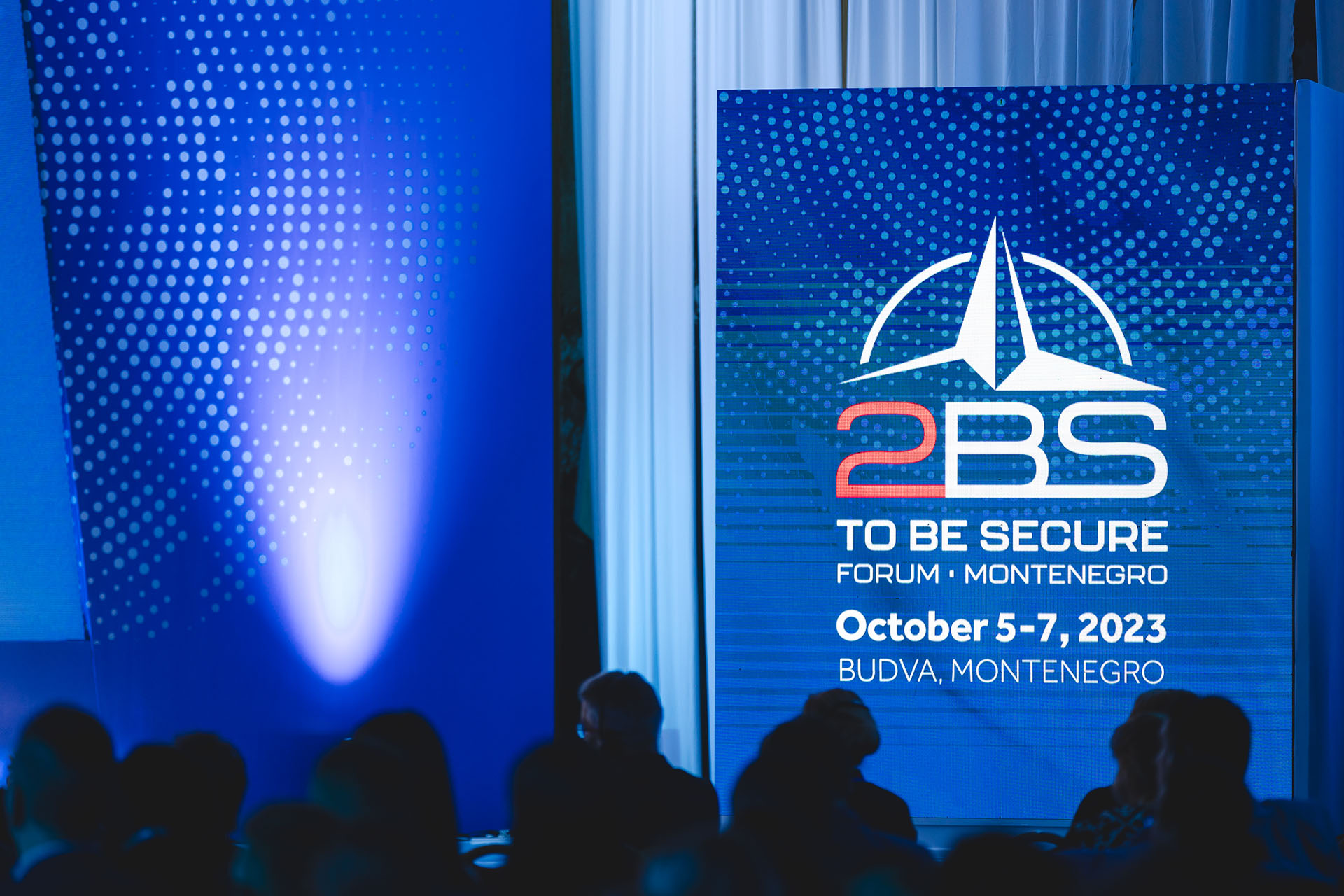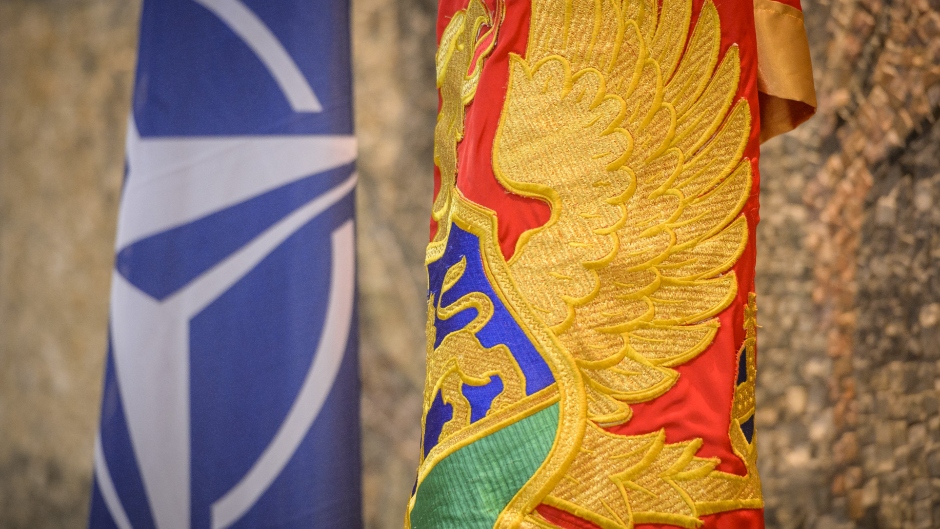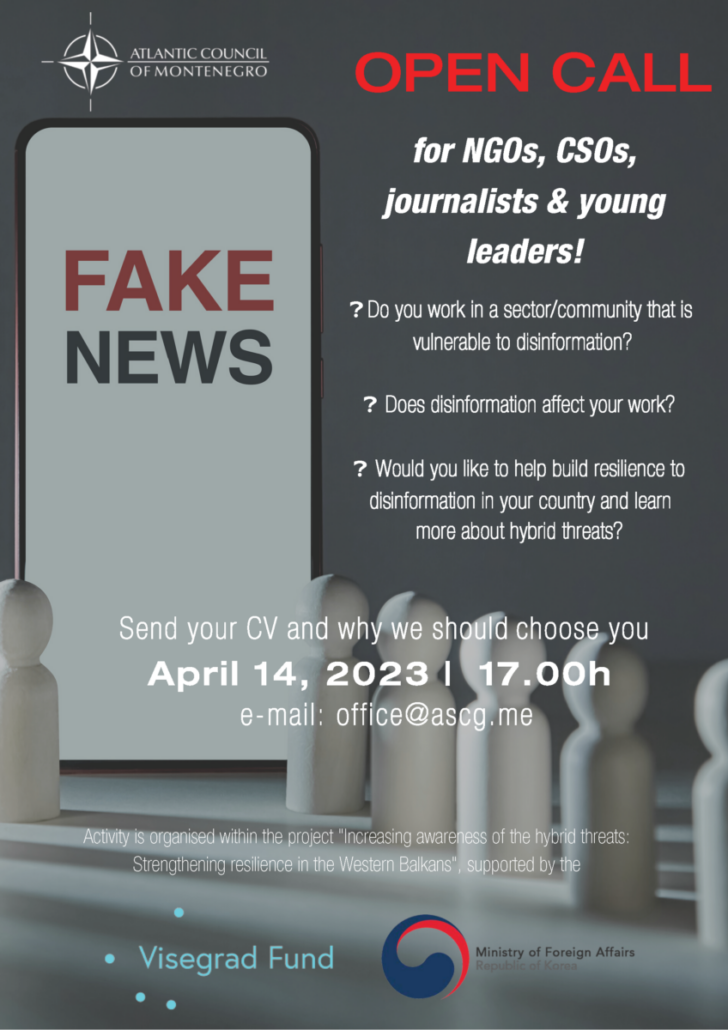The Atlantic Council of Montenegro continues its engagement and commitment to the democratization and security of the Western Balkans region.
The Young Leaders School was held in Budva from November 25 to 28, under the auspices of CFLI Canada and the Office of the Belgian Defense Attaché. It brought together 32 students and young people from Montenegro and the region, as well as experts in politics, international relations, and security. The project aims to provide the necessary leadership skills, different perspectives of peers in the Western Balkans region and to connect young leaders with top experts. During the four-day program of the School, the participants had the opportunity to discuss, through lectures and interactive workshops, a number of current issues of importance for the European perspective of the Western Balkan countries and the region as a whole.
The participants were greeted by the President of the Atlantic Council of Montenegro, Savo Kentera, who opened the event. Kentera emphasized the importance of young people being networked, exchanging their views and ideas, and actively participating in decision-making processes. He acquainted the attendees with the work of the Atlantic Council and invited those interested to get involved in further activities of the organization.
The first panel of the Young Leaders School was dedicated to the international order and the Western Balkans. Speaking about the perspective of the Balkan states in the changing nature of international relations, Vice President of the Atlantic Council of Montenegro Ranko Krivokapic emphasized the importance of the European integration process and expressed confidence that Montenegro would join the European Union individually, instead of together with neighboring countries.
When it comes to common challenges on the path to the integration of the Western Balkan countries, Krivokapic referred to the lack of perspective as a key reason for the departure of young people and the Open Balkans initiative. Vice President Krivokapic also spoke to the participants about his age-long political experience from the position of former President of the Parliament of Montenegro and the Social Democratic Party. Asked about the political situation in Montenegro, Krivokapic said that he was not satisfied with the political and economic dynamics during the last decade, and spoke about the role of the Serbian Orthodox Church in Montenegro and foreign influences that determine domestic and foreign policy.
The program manager of the International Republican Institute, Nenad Koprivica, spoke at the second panel titled NATO and Collective Security. He acquainted the participants with the historical context of the formation of the North Atlantic Alliance, its general characteristics and role in modern international relations, the concept of collective defense, and future capabilities in the context of NATO’s 2030 strategy. In his speech, Koprivica paid special attention to the Euro-Atlantic integration of the Western Balkan countries, and the participants showed special interest in the attitude of individual countries towards the issue of membership in the Alliance.
At the last panel of the first day of the School, Brigadier-General of the Armed Forces of Canada Carla Harding spoke on the topic of Women, Peace, and Security. General Harding stressed the importance of gender roles in the security system, spoke about the obstacles and prejudices faced by women in the military, and shared with participants her personal experience at high-rank positions in the defense system. Harding stated that the planning of the national defense policy and the inclusion of women in the defense sector depend exclusively on the will of the government and the state of a certain society.
At the end of the first day, participants in an interactive discussion summarized their impressions and lessons learned and gave recommendations for improving the quality of the program.
The second day of the Young Leaders School was opened by a lecture delivered by analyst and President of the Board of the Center for Monitoring and Research Zlatko Vujovic on the topic of Social Polarization and Rising Nationalism in the Western Balkans. Analyzing foreign influences in Montenegro, Vujovic spoke about the political implications of the role of the Serbian Orthodox Church in Montenegro, as well as the influences of China and Russia. Special attention was paid to the open discussion on the Open Balkans initiative. He emphasized that the Open Balkans already exists and that the implementation of such an initiative would not bring new value, and that its security implications would be severe. He concluded that the Western Balkans need integration but within the European Union.
The last panel was an opportunity for the participants to get acquainted with the work of the Digital Forensic Center. The mission and goals were presented by the chief analyst of the DFC, Milan Jovanovic, through an interactive lecture Disinformation and Media Literacy. On that occasion, the participants were introduced to the basic concepts of media literacy, case studies were presented, as well as practical actions regarding advanced internet search and fact-checking.
At the end of the day, impressions were summarized and suggestions for future action were given.























